Dora Pekec Makes Every Minute Matter at Duke and Beyond
By Al Daniel
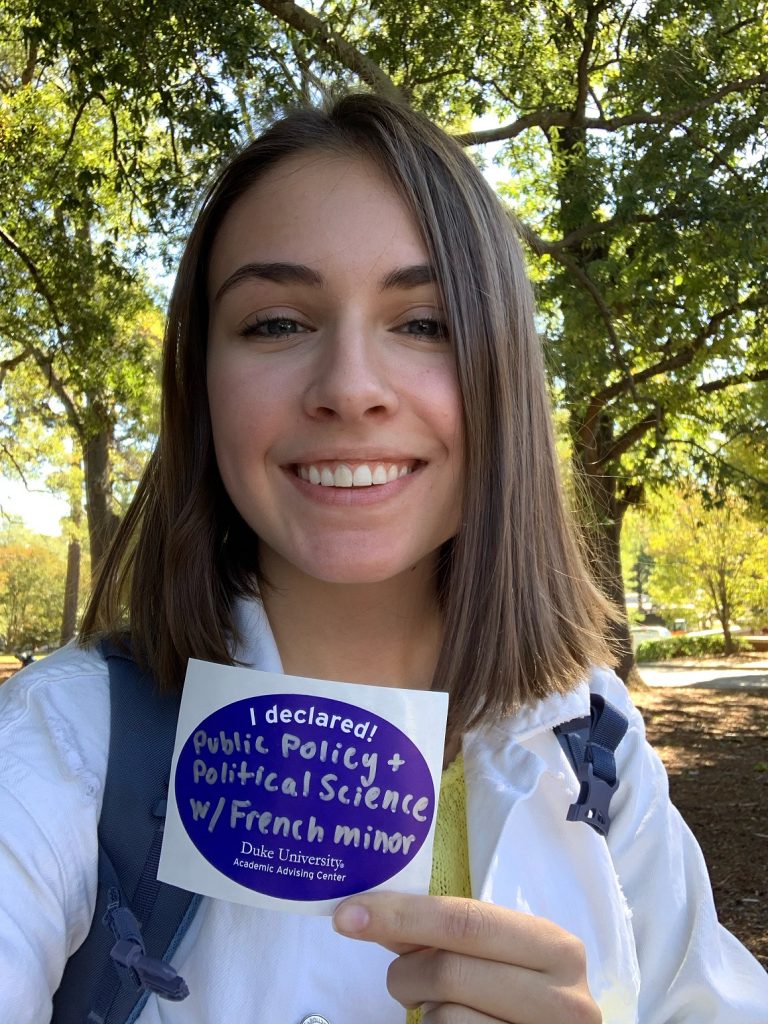
Dora Pekec is majoring in public policy and political science, yet one Duke University roster bearing her name is rife with computer science scholars. Half of the group’s 12 undergraduates have declared the latter major, and two of its three professors represent that department.
Was there a mix-up in the registrar’s database?
Hardly. If there were any errors, odds are Pekec and her team would have spotted and corrected them.
This is Duke’s Bass Connections project devoted to data and technology for fact-checking. Pekec joined as a researcher late in her freshman year.
It helps to know that the lone faculty leader sharing her specialty is public policy professor Bill Adair, best known for founding PolitiFact. Moreover, Bass’s mission statement harmonizes with the principles she has embraced since attending the Montessori Community School.
On the fact-checking project’s webpage, the “collaborate,” “collaborative,” and “collaboration” appear once apiece. When reflecting on her past and present, Pekec made a motif of those word variants herself.
At Bass, she says, her position allows her to “confidently speak about my contributions” one moment “and have things explained to me” the next.
Bass is one of five organizations currently consuming Pekec’s time outside of her schoolwork, which features a minor in French. Two others include Duke’s Center for Political Leadership, Innovation, and Service (POLIS) and the American Grand Strategy (AGS) Council. Like Bass, those clubs advance her prized qualities through hands-on, two-way coordination.
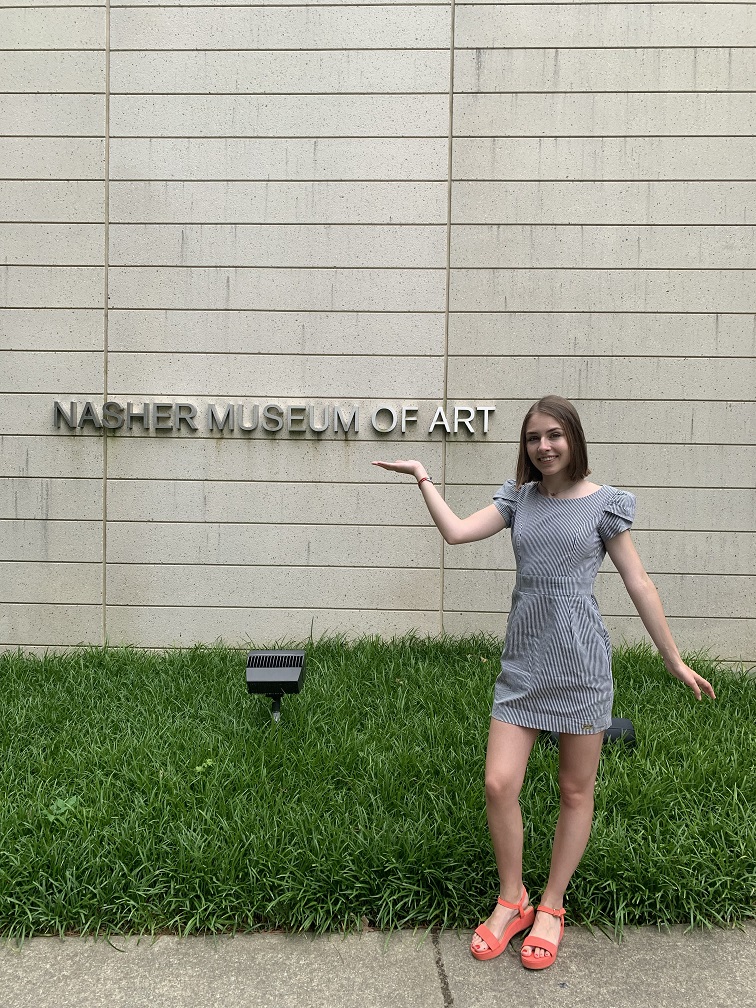
Beyond that, she retains her passion for art — instilled by her mother, ceramics artist and FRANK Gallery board chair Sasha Bakaric, and furthered by MCS guide Holly Dykes — as an academic initiatives projects intern at the Nasher Museum. Back on campus, she started leading admissions tours within three months of her first class.
Whether something means absorbing or imparting wisdom, finding a new appreciation or spreading an existing one, Pekec wants in. She credits that craving to her first school.
“I think being in Montessori gave me a better sense of sociality,” she said. “Having to work with other students in a really collaborative way made me want to be with other people.”
As her interest in public service took shape, her long-term desire developed two basic pillars. Besides espousing teamwork, her endeavors should invite her to “drive change as a leader” and challenge her to “try to understand what people are thinking and do something about that.”
For the strong-willed sophomore, Duke is meeting those musts by the mother lode. Besides being classified as a POLIS leader, Pekec is one of 26 AGS student councilors, who the organization’s website describes as “a select group of undergraduates who help advise the Director about programming, curriculum, and assist by coordinating events such as career nights, activities fairs, and other mentoring opportunities.”
Councilors are also expected to substantively engage prominent public figures who come for a speech and dinner. Recent visitors include former U.S. Ambassador to the United Nations Samantha Power and senior advisor on technology to the Indian government Nivruti Rai.
“No matter who the speaker is for an AGS event,” Pekec said, “I am always prepared and eager to absorb new information and formulate a question.”
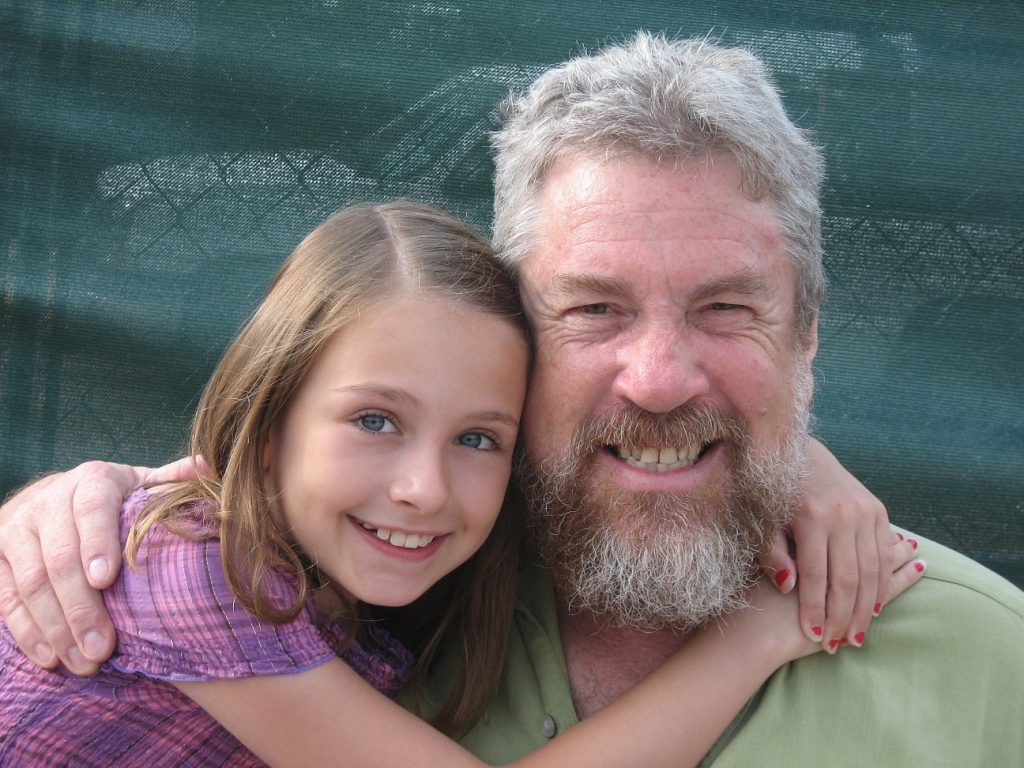
Approaching the AGS director and guests is practically a collegiate version of Pekec’s Lower Elementary experience. In those days, she recalls, Don Henchel “would ask us questions, and that’s how we learned, instead of forcing us to think why something was interesting.”
To that point, when Don turned Pekec and her best friend, Greta Abbey, loose on an extensive fractions project, the intangible results gained a lengthy shelf life. “Even though I’m no longer interested in being a mechanical engineer,” she said, “just to be able to see the way things work gave me a greater appreciation for learning in general; being able to see the bigger picture and why we are doing something.”
As she continued through the elementary ranks, Pekec picked up the practical skills that would serve her endeavors more directly. She stayed involved in theater at East Chapel Hill High School and says she enhanced her communication and interpersonal skills that way.
All of that traces back to the annual MCS opera. The all-inclusive production amplified her “sense of community that I have never felt at any school since.”
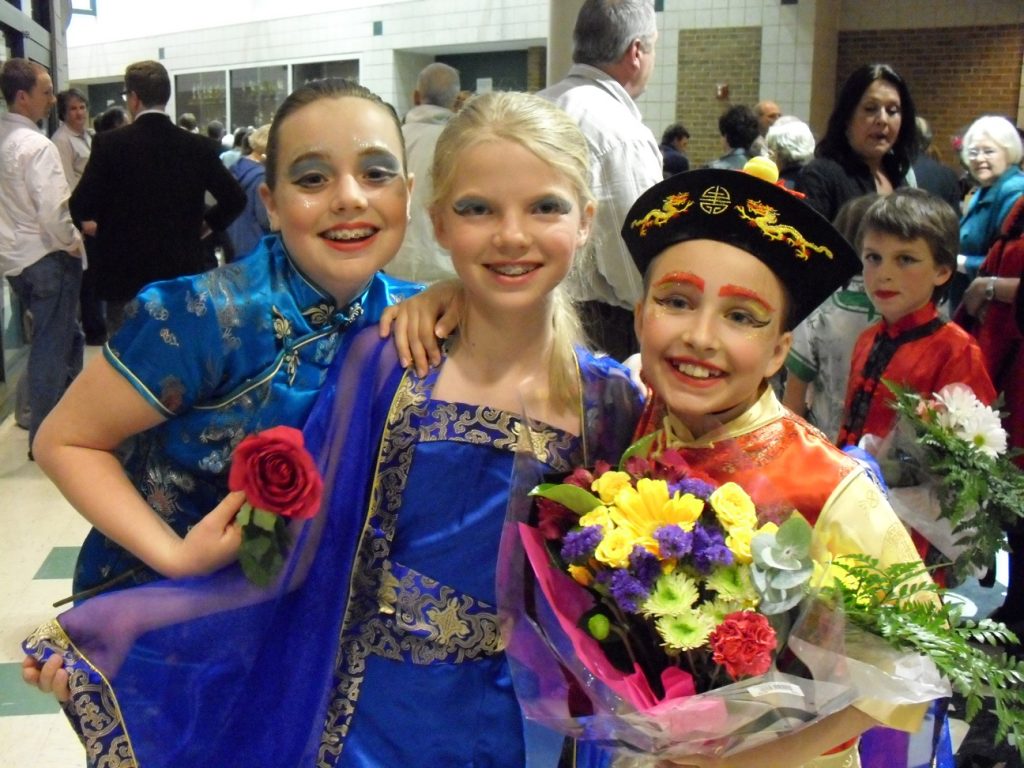
“Putting that time in our school day into art was really refreshing and rewarding and really instilled in me an appreciation for the arts long-term,” she continued. In addition, “you learned the value of teamwork and collaboration.”
In Upper Elementary, then-guide Melissa Lee equipped Pekec with a keen interest in social science and the right reading material to feed it. Elaborate research on international holidays and monthly group lunches — where students drafted a menu based on a culture’s cuisine and assembled the groceries accordingly — helped her put that passion into action.
The daughter of Croatian immigrants, Pekec had her MCS tenure interrupted in late Primary, as she spent a year in Zagreb. She has since returned to the old country each summer, most notably for an internship with the NGO Centar M.A.R.E., catering primarily to disadvantaged youth.
Stateside, she has piled on her public-service credentials. The shortlist of relevant activities at East Chapel Hill included Model UN and the debate team, where she got reacquainted with and opposed fellow MCS alum Jackson Asaro in meets against Carrboro.
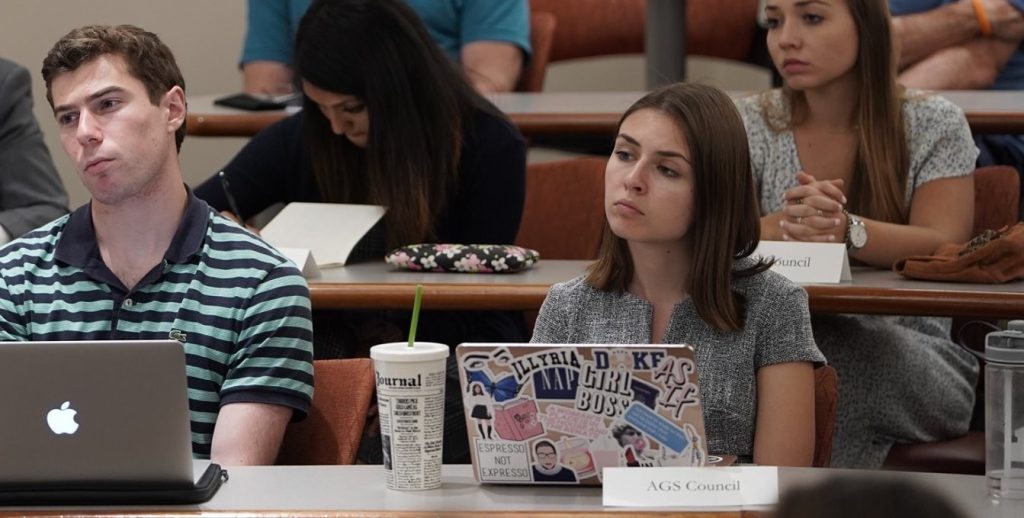
Academically, Pekec was selected to the Governor’s School for social science for the summer of 2017. By that time, she had logged two of three years as a Volunteers for Youth teen court attorney plus stints as a research fellow and voter outreach intern.
Before joining Bass and POLIS last May, Pekec held a research and marketing internship outside of school throughout the academic year. For the second semester, she added a tutoring and mentoring position with the Kenan Institute’s Refugee Project.
She then filled her 2019 summer break by preparing orientation for the next freshman class and interning at Common Cause. As she shadowed the national advocacy group’s North Carolina executive director, Bob Phillips, she felt another callback to her early education.
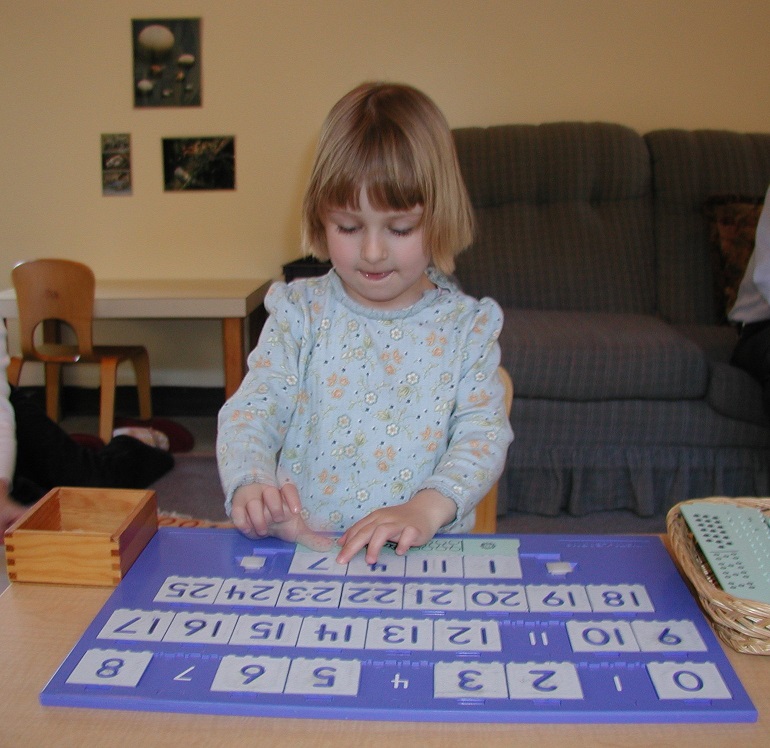
“At MCS, I was always placed into an environment where I had to socialize with other students and learn how to speak up for myself and communicate my ideas and wishes in a clear way,” she said. “It helped me become a self-starter and unafraid to strike up conversations with figures of authority. I was able to confidently approach lawmakers when asking for a statement on a session or to introduce myself as Common Cause’s intern in between sessions.”
Just getting that opportunity, and any others at Duke or around Durham also takes a Montessori-honed habit. The second-nature inclination to approach professors and other elders is Pekec’s key in hunting for internships and potential postgraduate pathways. That is to say nothing of maximizing the mission at Bass, POLIS, or the AGS Council.
“I didn’t even think that was a skill that my peers lacked,” she said, “being able to work with professors and grad students and not being afraid to go to professors after class in their office hours.”
At this point, borrowing any of Pekec’s time can seem like a bold proposition for others.
“I’ve really been forced to think about what’s important to me,” she said of her immersion at Duke. Compared to high school, “You are in class less of the time and have fewer assignments, but there is never a minute that is wasted.”
